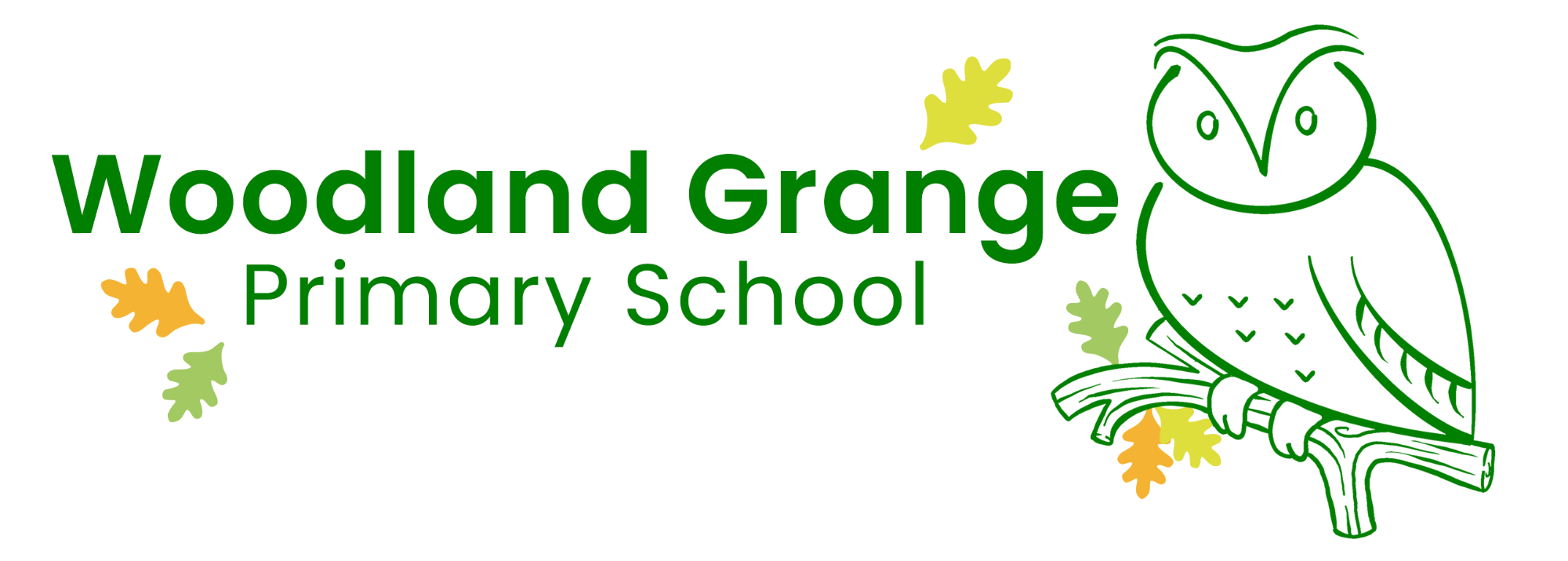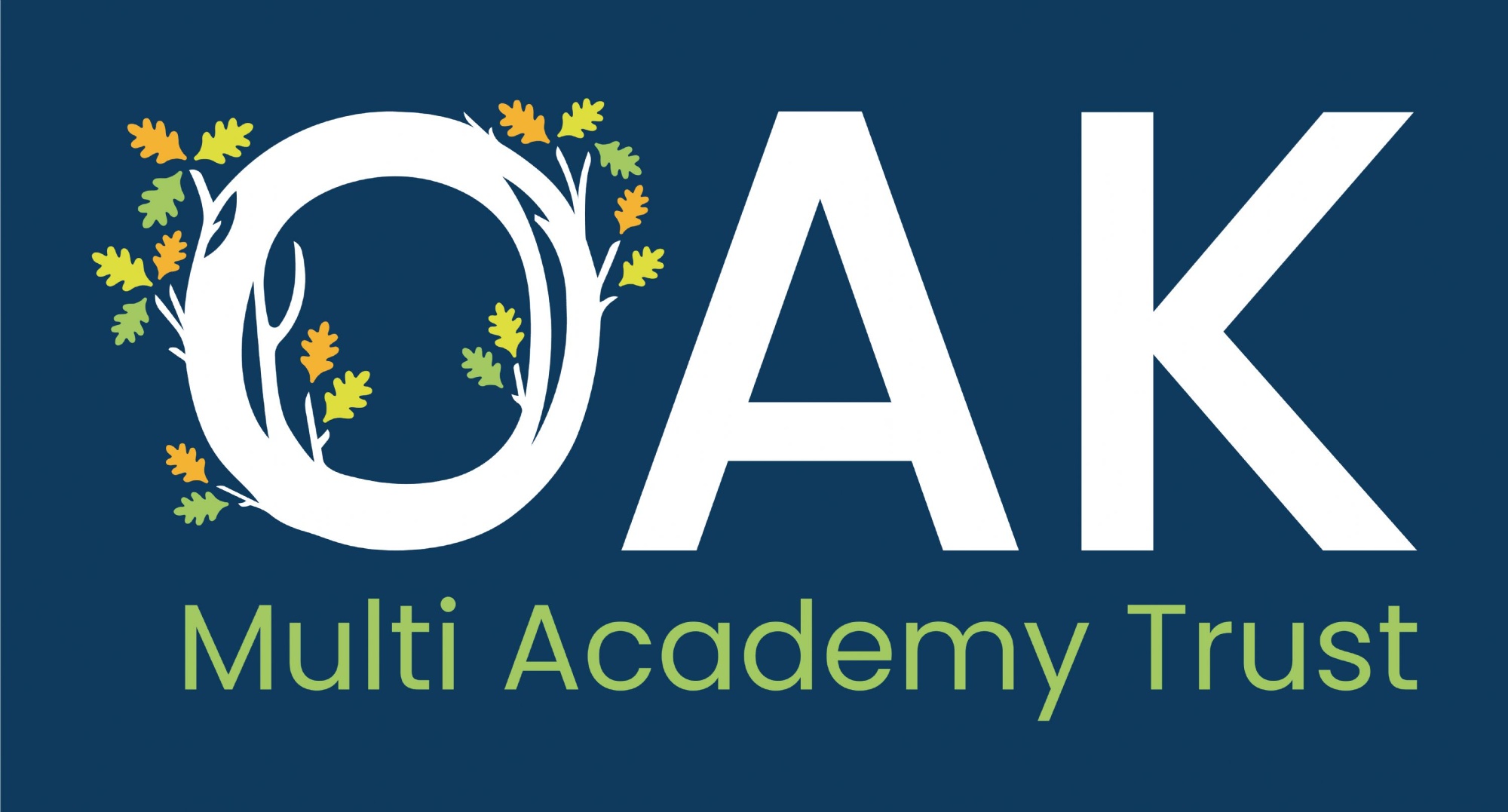EYFS
EYFS at Woodland Grange
- We encourage children to be curious and imaginative.
- We teach them to ask and answer questions — find things out and explain to others.
- We want our children to be aware of the world around them.
- We encourage them to be independent.
General Information:

We can't believe it. It is the final week together in Foundation. How has this happened so quickly?
Let's all enjoy our last 3 days together and celebrate what has been an amazing year!
Reading at home:

Please could we remind all families how important practising phonetic sounds and reading, at home, is. Those children that read and share books at home regularly are progressing so well. They are super confident and are beginning to segment and blend independently.
We all understand how busy life can get, but 5 minutes daily will make a huge difference. If you would like any support or suggestions regarding reading and/or phonics at home, then please let us know.
Week beginning : 7/7/25
This week's learning:
Focus text: Twist and Hop, Minibeast Bop (week 2)
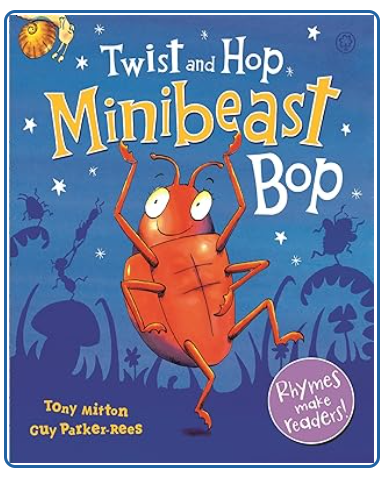
Minibeasts - in all their glory - gather in this engaging book. Join in with beetles and ladybirds, ants and bees and bugs galore as they dance the night away! But who is missing from the fun...will poor slow snail arrive in time? Bug-fans everywhere will enjoy this insect romp - perfect to enjoy both in and out of the classroom; with its read-aloud rhyming text and exuberant illustrations, this is a sure-fire winner from the duo, Tony Mitton and Guy Parker-Rees, illustrator of the bestselling Giraffes Can't Dance - for pure clap-along, dance-along fun.
Some of the things the children can look forward to seeing in the classroom this week:
We have had a make-over, in EYFS. The classroom has been transformed.
See some picture of the new layout and engaging activities below -

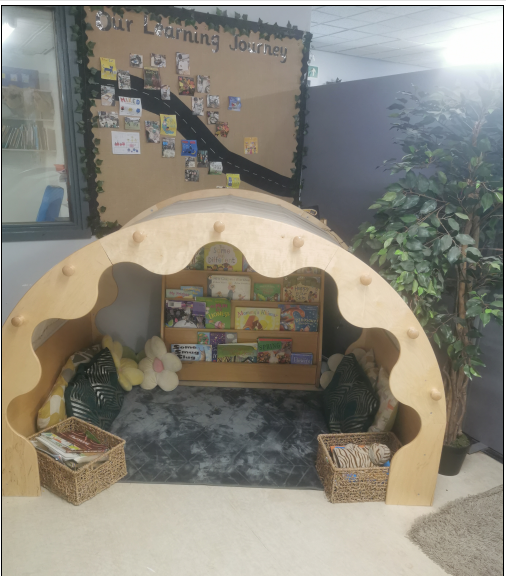
Reading area - a beautiful new reading nook. For familiar stories, sharing and retelling stories. The children really enjoy sharing and exploring a range of different texts. It is a pleasure to see such joy from reading! The children's phonics skills are improving, and it is amazing to see their confidence develop and observe them sharing books in our reading area.
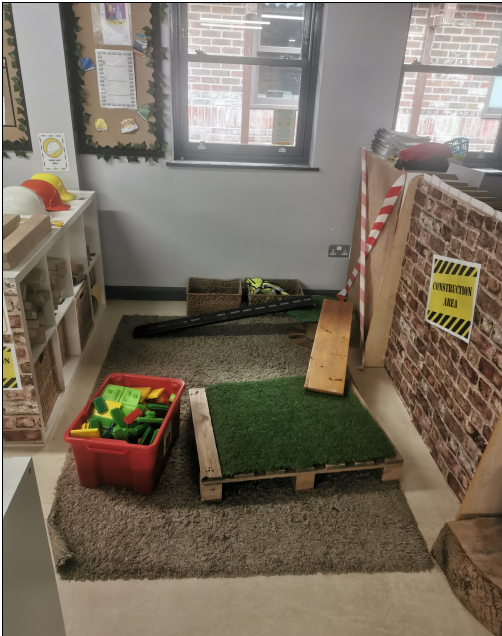
The construction area - it is wooden blocks and strickle bricks, this week. What creations can you make? Have fun and use your imagination and building skills. We have seen some amazing creations recently - keep it up in our new and improved construction site.
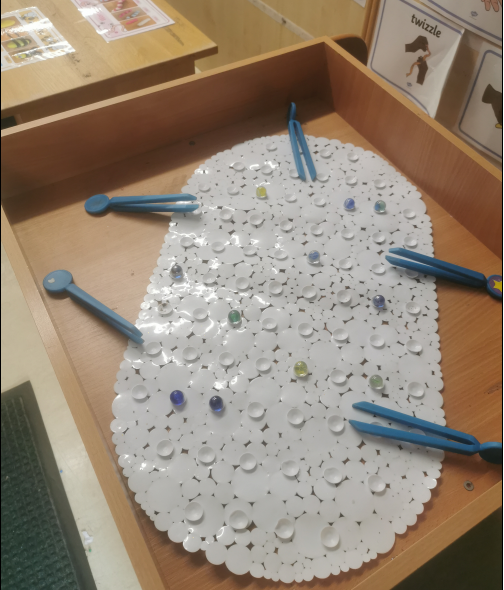
Finger Gym - to build up the children's muscle strength and memory and develop their dexterity and fine motor skills. The classroom has a finger gym - the activities in this area will change regularly and include activities to help build children's motor skills and confidence - all of which should help the kids to improve pencil grip and handwriting.
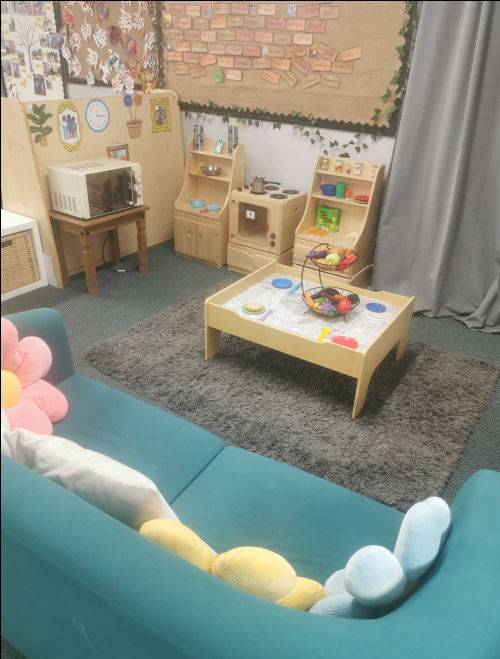
Role-play area - a beautiful and engaging home-corner. Children have absolutely loved this new role-play area, so far. This week, the children can get into character as home-owners.
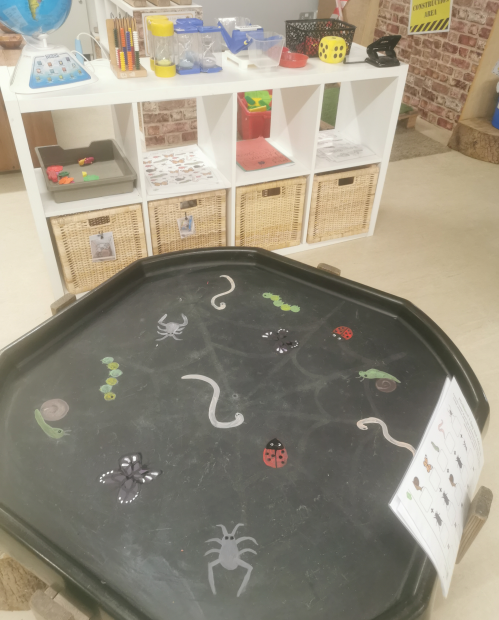
Maths area - can you add the mini-beasts together? You will need your number recognition skills and your amazing adding skills. Good luck.
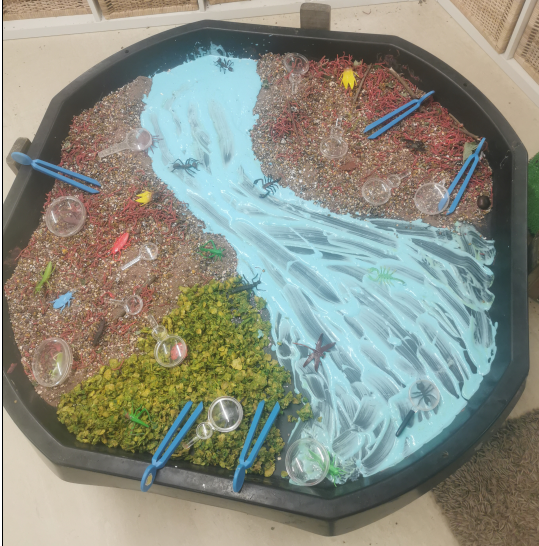
Tuff Spot - time to go on a mini-beast hunt. What will you discover?
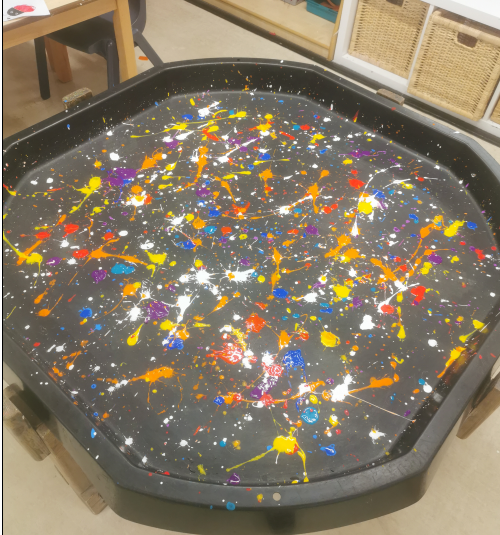
Creative - can you get creative and have some fun in our cool, colourful new creative area?
Our carpet sessions will include English sessions (Talk through stories), maths sessions and phonics sessions. This week, we will be focussing on the below:
Phonics
Our Rocket Phonics phonic sessions continue to happen once a day, 5 times a week. This week we will be focussing on consolidation of the graphemes, digraphs and trigraphs. Lot's of revision too. We will also continue to learn and revise Common Exception Words (tricky words). Why not practise these initial sounds at home with your children?
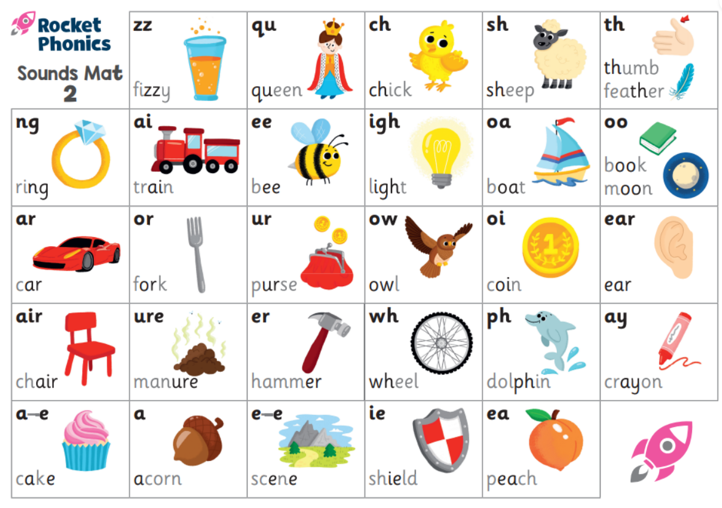
Maths
This week’s focus is on assessing and deepening the children’s understanding of how to compare quantities. The activities included will help you to check their comprehension and will provide opportunities for further comparison experiences.
- comparing groups of the same object with a big difference in number, and then a small difference
- comparing by looking, then by matching 1-to-1
- understanding when groups have an equal amount
- comparing groups of objects that are of different sizes, colours or attributes
- beginning to generalise about ‘1 more/1 less’ within 10
- developing a sense of magnitude, e.g. knowing that 8 is a lot more than 2, but that 4 is only a little bit more than 2.
This week’s activities are designed to allow ALL the children to practise these key skills and to deepen their sense of number.
Other areas of the curriculum....
Music - we will be enjoying some fun and familiar songs together. We will also be learning our songs for our end of year assembly.
Topic - life-cycle of a butterfly.
RE - which stories are special and why?
PE and School Sport - Thank you to all the families that have been continuing to practise their Big Moves - we are very proud of you. The children often share what they have been up to and it is lovely to hear.
Keep it up by visiting the website below and clicking on 'Big Moves parent videos' and using the password:
LSLSSPBM
Big Moves – Learning South Leicestershire School Sports Partnership
Remember that the House list has been shared on Tapestry and your children should now come to school, on a Friday, in their full PE kits.
Please see the family area of the Get Set 4 PE website. We use this scheme at school, so why not see what they suggest for some fun activities at home - Get Set 4 PE - Resource Bank (getset4education.co.u
